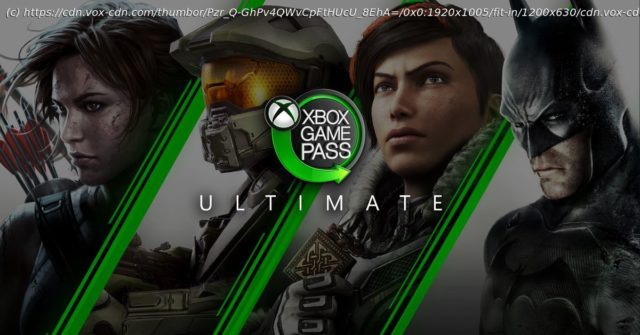According to U.K. regulators, Microsoft has told them that its own internal analysis shows a decline in game sales for the year following their addition to Xbox Game Pass. That conflicts with statements the company has made touting the value the service provides to publishing partners.
Statements that Microsoft has made to U.K. regulators — in an attempt to save its proposed $68.7 billion acquisition of Activision Blizzard — contradict what the company has said for years about Xbox Game Pass. Namely, that a game’s appearance on the subscription service does result in lower sales.
The comment comes secondhand, in a report filed last week with the United Kingdom’s Competition and Markets Authority (and first reported by GamesIndustry.biz). “Microsoft also submitted that its internal analysis shows a [redacted]% decline in base game sales 12 months following their addition on Game Pass,” the CMA said in its report.
Since at least 2018, and through Xbox officials all the way up to the division’s chief, Phil Spencer, the company has touted Game Pass as a sales benefit to third parties who put their games in its library.
In the quote most often cited, Spencer said in a 2018 interview with LevelUp that the increased player base that Xbox Game Pass drew to Forza Horizon 4 on its launch day “is actually leading to more sales of the game.” He added that State of Decay 2, another Game Pass launch title, was “selling really well in the month that it launched in Game Pass,” according to retail sales data from NPD Group.
But Microsoft apparently told the U.K. CMA that Activision itself was reluctant to put its games on Xbox Game Pass or any subscription service, believing that doing so would “severely cannibalize [buy-to-play] sales, particularly in the case of newer releases.”
The self-interest in the contradictory positions is obvious: On one hand, Microsoft wants third-party developers and publishers to view participation in Game Pass as a big benefit for their games.






